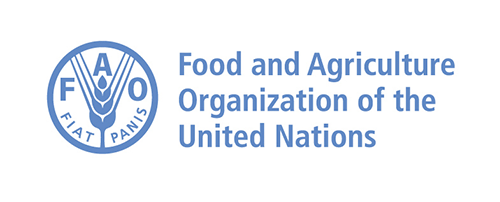The FAO Legal Office provides in-house counsel in accordance with the Basic Texts of the Organization, gives legal advisory services to FAO members, assists in the formulation of treaties on food and agriculture, for which the Director-General acts as Depositary, publishes legal studies and maintains a database (FAOLEX) of national legislation and international agreements concerning food and agriculture (including fisheries, forestry and water).
Members:
Resources
Displaying 3676 - 3680 of 15550Regional Law No. 334-ZS “On objects of cultural heritage”.
This Regional Law regulates relations originating in the sphere of conservation, management, promotion and state protection of the objects of cultural heritage. State registration of the objects of cultural heritage shall include: (a) identification, inspection and listing of the objects of cultural heritage; (b) formation of the register of the identified objects of cultural heritage; (c) data collection related to the objects of cultural heritage; and (d) monitoring of the objects of cultural heritage.
Regional Law No.612-KZ “On objects of cultural heritage”.
The scope of this Regional Law shall be performance of regional plenary powers related to conservation, management, promotion and state protection of the objects of cultural heritage. Plenary powers of the regional state bodies shall include performance of regional state supervision over the state, keeping, conservation, management, promotion and state protection of the objects of cultural heritage of regional and local (municipal) significance and decision-making related to constitution of protected area containing objects of historical and cultural heritage.
Zambia Wildlife Act, 2015 (No. 14 of 2015).
This Act makes provision for the management and conservation of wildlife in Zambia. It also provides for trade in wild animals and meat of wild animals.
Loi nº 25-2008 portant régime agro-foncier.
La présente loi détermine le régime de constatation, de détention, d'utilisation et d'exploitation des espaces fonciers du domaine rural des personnes publiques et privées. L'Etat détient les terres du domaine rural, et en assure l útilisation et la mise en valeur. Toutefois, le droit de requérir l'immatriculation est reconnu aux occupants du domaine rural qui, à la date d'entrée en vigueur de la présente loi, ont réalisé des constructions, installations ou des aménagements constituant une mise en valeur permanente.
Ministerial Decision No. 161/2000 establishing the Statute of the Ministry of Agriculture and Rural Development.
This Ministerial Decision establishes the Statute of the Ministry of Agriculture and Rural Development. It consists of 3 chapters specifying structure, functions, competencies, composition, and other issues related with the activity of the aforementioned institution (such as: land management and use, agricultural extension and assistance, livestock, irrigation for agricultural purposes, forestry resources management and exploitation, wildlife protection, rural development, etc.


